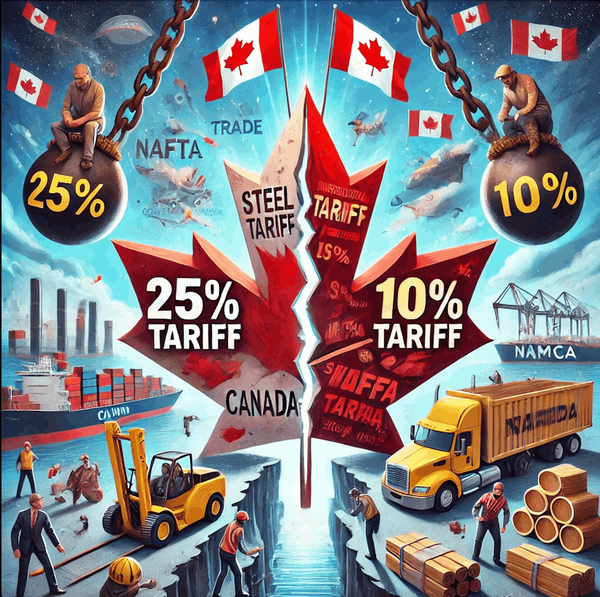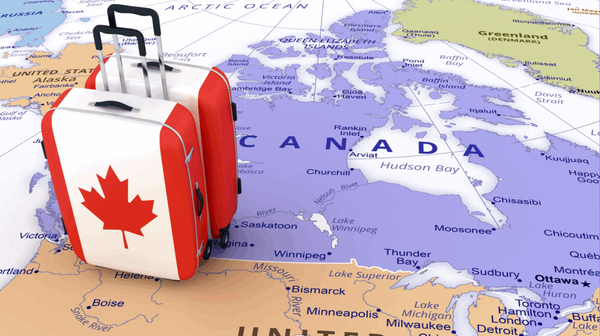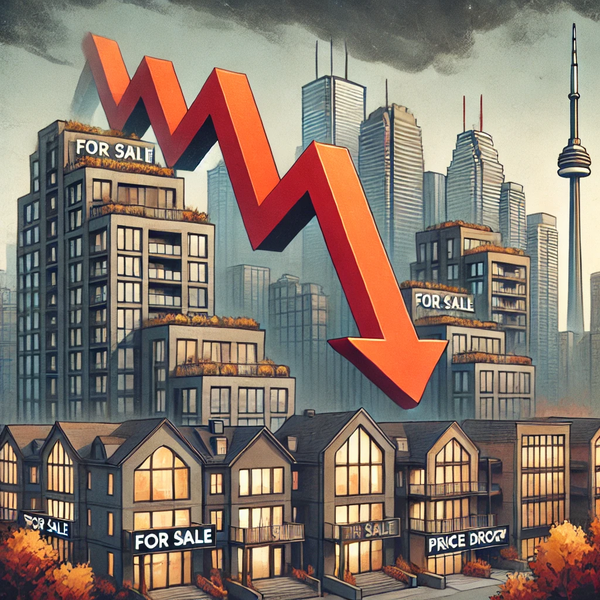Ontario Airbnb Hosts Could Owe Thousands in Taxes After New Court Ruling
Airbnb (NASDAQ: ABNB) hosts in Ontario recently received a significant wake-up call from the Tax Court of Canada. A new ruling now holds that property owners who consistently rent out their homes on short-term rental platforms, such as Airbnb, may owe substantial Harmonized Sales Tax (HST) when selling their property. This landmark decision reclassifies these properties as "commercial," effectively removing their typical HST exemption and exposing sellers to an unexpected tax burden.
The Precedent Case
The recent ruling originated from a case involving an Ottawa condo owner. Initially, the owner had rented the property out on long-term leases but later transitioned to short-term rentals via Airbnb for a period of 14 months before selling the property in 2018. At the time, the owner did not pay HST on the sale, assuming it would qualify for the usual residential property exemption. However, the Canada Revenue Agency (CRA) subsequently assessed the sale and determined that the property’s consistent use for short-term rentals effectively classified it as a commercial entity, thereby subjecting it to the 13% HST.
Legal and Financial Implications for Hosts
The financial implications of this ruling are considerable. According to Toronto-based real estate lawyer John Zinati, homeowners could be facing thousands or even hundreds of thousands in unexpected taxes. “People must be absolutely careful if they want to use short-term rental platforms for their property consistently,” Zinati stated. “They’ll be taxed a big amount. If they sell their unit for $1 million, they have to pay $130,000 in tax.”
The court’s decision affects all property types—condominiums, townhomes, and single-family homes—that are regularly rented on short-term platforms like Airbnb and VRBO. Homeowners who were previously unaware of these potential tax implications now face heightened risk if they plan to sell.
Potential Decline in Airbnb Popularity in Canada
Mortgage expert Ron Butler took to social media to express concerns about the impact of this tax ruling on Airbnb’s future in Canada, questioning whether homeowners would risk exposure to large tax bills upon selling. He noted that while short-term rentals were once a lucrative income stream, the added tax liabilities and mounting regulations might drive people away from platforms like Airbnb.
Residential vs. Commercial Use – The CRA’s Classification Criteria
The primary factor behind this ruling lies in how the CRA distinguishes between residential and commercial use. When a property is consistently rented out for short-term stays, much like a hotel, the CRA considers it commercial. This reclassification strips the property of the residential tax exemption, leaving the entire sale value subject to HST.
Homeowners who rent sporadically or for longer-term stays may avoid this classification, as the ruling applies specifically to properties rented consistently for short-term use. For instance, Zinati clarified, “If you rent out your property for a weekend every now and then, you’re not subject to this tax rule… It has to be on a consistent basis, and in this case, the homeowner did so for 14 months, which counted.”
What Ontario Hosts Should Know Going Forward
With this ruling, legal and tax experts emphasize the importance of understanding HST implications for property owners engaged in short-term rentals. For instance, Dale Barrett, founder of Barrett Tax Law, pointed out that Canadians often lack knowledge about the Excise Tax Act’s application to real estate, saying, “People are in the dark about HST and don’t understand how the Excise Tax works and how it applies to properties.”
Tax experts advise that owners who continue listing properties on short-term rental sites should be aware of the 90% usage threshold that determines a property’s HST status. Properties used for short-term rentals over 90% of the time may lose their residential tax exemption upon sale. However, how exactly to calculate this threshold remains unclear, with potential further court cases likely to refine this rule.
Challenges Mounting for Ontario’s Airbnb Hosts
Ontario’s Airbnb hosts were already under pressure, with mounting regulations from municipalities like Toronto. The city’s strict rules mandate that short-term rentals be limited to a host’s primary residence to address concerns that these rentals are exacerbating the housing shortage. Hosts must now register their properties, adhere to city regulations, and face significant fines for non-compliance.
The new tax ruling only adds to these challenges, introducing a complex layer of financial risk for hosts. What was once a profitable venture is increasingly weighed down by regulations, taxes, and mounting operational expenses, putting the future of Airbnb as a popular rental option in Ontario at risk. For those still committed to short-term rentals, staying informed and consulting with legal and financial professionals has become essential.












